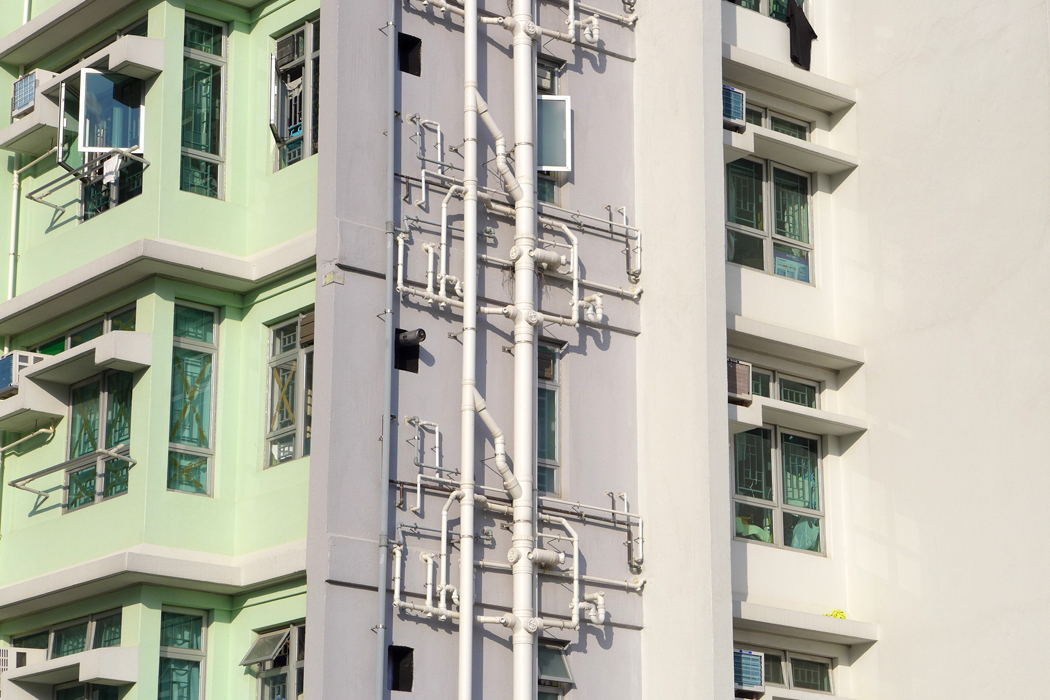A Legislative Council committee has said that the Housing Department’s “negligence and lax attitude” during the 2015 lead-in-water scandal was unacceptable.
The scandal sparked safety concerns after excess lead was discovered in drinking water at 11 public housing estates. During the controversy, the government failed to take minutes during seven inter-departmental meetings related to the issue.
The Panel on Public Accounts said that, during the meetings, important decisions were made related to the classification of estates that may have been affected.

Director of Housing Stanley Ying Yiu-hong previously claimed he personally did not regard note-taking at the meetings to be a top priority, on the grounds that the government “could not wait” for meeting minutes to act.
“It is not that we deliberately decided not to take minutes, but that we were so into the work that we forgot to take notes,” he said at the time.
But the committee was unconvinced after hearings were held at the legislature. It said that Ying, an experienced official, should know it has always been the practice to keep minutes.
“The Committee expresses grave dismay and finds it inexcusable that Director of Housing, being Chairman of the inter-departmental meetings and the subject officer in handling excess lead in drinking water in public rental housing estates, had not fulfilled his role in ensuring that the relevant deliberations and decisions were recorded for the seven inter-departmental meetings,” the report read.

Omission, slow progress
It also criticised the Housing Department’s failure to compile the correct information for the public, in that it omitted two non-compliant samples when reporting the water test results. The total number of non-compliant samples for the affected estates should have been 93, instead of 91.
The committee was concerned that, as of July 2016, the progress of non-compliant water pipe replacement works in common areas ranged from 18.5 per cent to 45.6 per cent.
“There was no target date for completing the replacement of non-compliant water pipes in the common areas,” it said.
Unsatisfactory
In response, the Housing Department said it agreed that it was unsatisfactory that no meeting records were maintained for the first seven meetings.
“However, the fact that there were no meeting records did not affect the main function of these seven meetings, namely to review and announce the water sampling results immediately, and to coordinate and announce the follow-up actions immediately in respect of the estates with excess lead,” it said.
It said it has provided the primary records of the data dealt with at the meetings in question to the independent Commission of Inquiry into Excess Lead Found in Drinking Water, the Audit Commission and the Panel on Public Accounts.

Helena Wong Pik-wan, Democratic Party lawmaker who has been following the issue, said the failure to take minutes was “inexplicable.”
“Even though the Panel on Public Accounts, after checking the [officials’] emails, has not found anything they had tried to cover up, this is still unacceptable,” she said on a RTHK programme on Thursday.
A report released last May by the Commission of Inquiry blamed a “collective failure on the part of all stakeholders to guard against the use of non-compliant solder in the plumbing system.”
